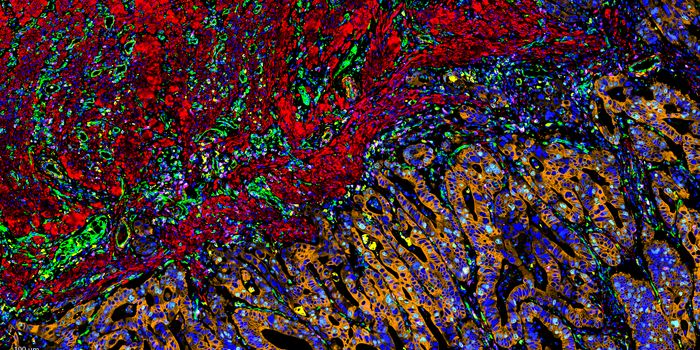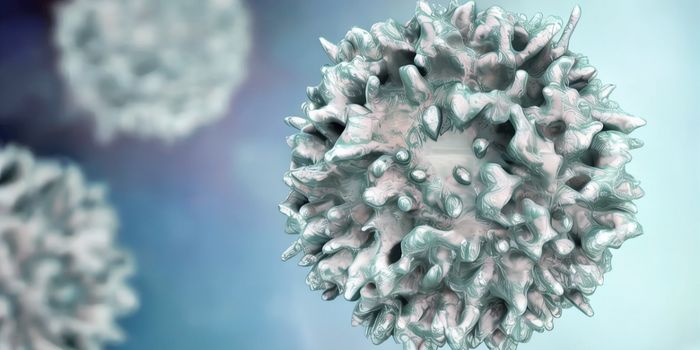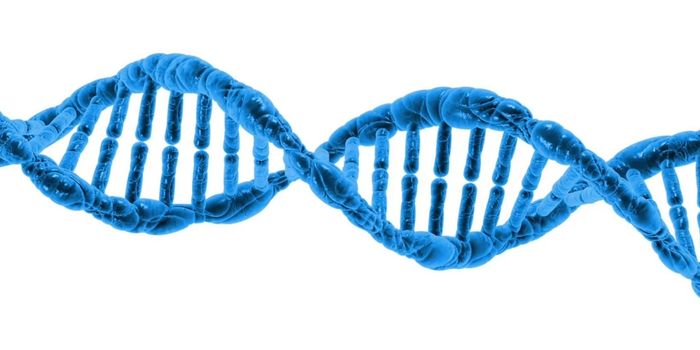The Risks of Uncertainty in Breast Cancer Genetic Testing
When it comes to genetic testing, is more always better? According to a new study, more genetic testing, especially concerning breast cancer, could actually leave patients with more questions than answers.
Since publishing the op-ed on her radical preventative mastectomy surgeries in 2013, Angelina Jolie has been credited with empowering women to take a proactive stance in knowing their risks for breast cancer. Dubbed the “Angelina Effect,” the actress’ influence prompted a surge in women who wanted to know their genetic risks for developing breast cancer. Consequently, more gene panel tests have been developed to capture mutations in genes associated with breast cancer.
Two of the most well-known breast cancer genes are BRCA1 and BRCA2, which are involved in DNA repair. Mutations in these genes are often associated with significant increase in risk for breast and ovarian cancer. In contrast, other genes are much less studied than the BRCA1/2 duo. Genes such as CHEK2 and ATM also function in DNA repair, but their role in breast cancer development is not fully understood. Furthermore, there is no guideline to help clinicians with treatment recommendations when mutations arise in these genes.
So, could knowing the mutations in these non-breast/ovarian cancer genes be of benefit for the patient? To answer this question, a team of researchers performed an expanded gene panel test in over 400 patients with breast and/or ovarian cancer. The panel consisted of 180 genes, including 25 genes specific to breast and ovarian cancer, 123 genes involved with susceptibility to other cancer types, and 32 genes related to cardiovascular disease risk.
After analysis, they identified a total of 1,605 variants (mutation) in the patient sample. However, of this large variant list, only a small percentage (11 percent) came from cancer susceptibility genes other than BRCA1/2. These types of variants are deemed “clinically actionable” because there are established guidelines in place for treatment.
By contrast, the team found a whopping 78 percent of variants that are referred to as "variants of uncertain significance,” or VUS. These are the ambiguous mutations that are can’t be classified as either pathogenic or benign, and are often not actionable because the clinical consequences are murky.
"Adding on the additional cancer susceptibility genes to the 'breast cancer susceptibility' genes opened up more questions than it answered," said Katherine Nathanson, senior study author, and associate director of Population Science and Chief Oncogenomics Physician for the University of Pennsylvania's Abramson Cancer Center. "This study therefore adds to prior findings of ours, and demonstrates little incremental utility to testing non-breast cancer susceptibility genes in breast cancer families."
Interpreting sequencing data is already a complicate task even for genes known to be involved in breast and ovarian cancer. However, the complexities are only worsened with the expansion of the gene panel. "These findings add layers of complexity in counseling for cancer risk," said Kara Maxwell, first study author. "A patient would now be expected to understand not only that a genetic finding could be found that may or may not be related to the cancer in their family, but that genetic variants could be found that may or may not put themselves and their family members at risk for a disease they weren't even thinking about at the time."
Additional source: University of Pennsylvania press release









